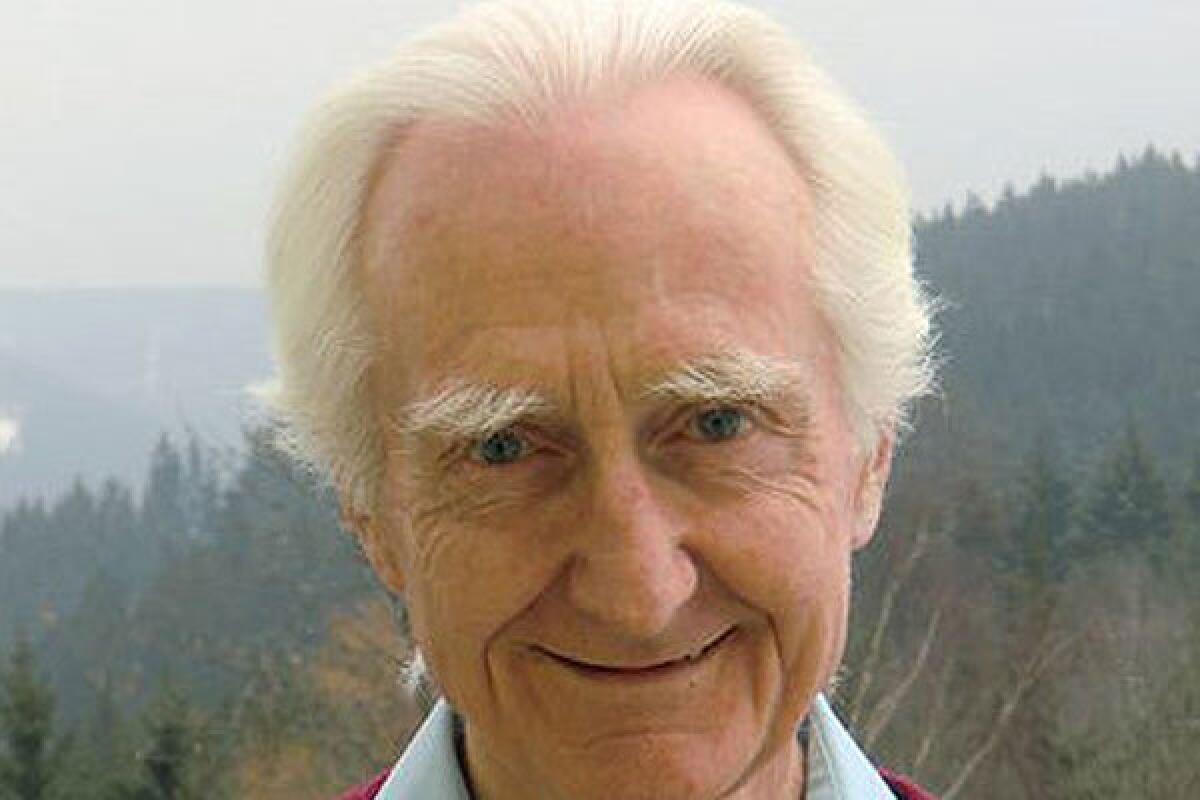Vatican defends Pope Francis’ record during Argentina’s ‘dirty war’

- Share via
VATICAN CITY -- The Vatican on Friday denied that Pope Francis acquiesced to Argentina’s brutal military regime in the 1970s and ‘80s, saying the accusations are part of a “defamatory” campaign.
Cardinal Jorge Mario Bergoglio, who was elected pope on Wednesday, has been accused in some quarters of failing to protect two Jesuit priests who challenged the country’s regime, leading to their kidnapping and torture by military officials in 1976.
Those claims were made a decade ago but have received renewed attention since Bergoglio was appointed the leader of the world’s 1.2 billion Catholics, the first Latin American to occupy St. Peter’s chair.
“This campaign against Bergoglio is well known,” Vatican spokesman Rev. Federico Lombardi said in a news conference. “It was promoted by a publication which specializes in campaigns which are sometimes slanderous and defamatory. The anti-clerical nature of this campaign and other accusations against Bergoglio is well known and evident.”
Lombardi said “nothing concrete or credible” had even been proven against Bergoglio. He said authorities in Argentina had questioned one person in connection to the case, but nothing came of it.
“There are, on the other hand, many declarations that show how much Bergoglio did to protect a large number of people during the military dictatorship,” said Lombardi, who blamed what he called “elements of the anti-clerical left.”
Those coming to the pope’s support included Adolfo Perez Esquivel, who won the 1980 Nobel Peace Prize for his efforts to expose the crimes of the junta.
“Perhaps he didn’t have the courage of other priests, but he never collaborated with the dictatorship,” Perez Esquivel told Radio de la Red in Buenos Aires. “Bergoglio was no accomplice of the dictatorship. He can’t be accused of that.”
Journalist Horacio Verbitsky has contended that by dropping his order’s protection of the two priests after they refused to stop working in slum neighborhoods, Bergoglio, also a Jesuit, triggered their kidnapping during Argentina’s so-called dirty war. Verbitsky based his claims on statements made by one of the men when they were freed after five months. The man died in 2000.
The second priest, the Rev. Francisco Jalics, said in a statement on Friday that both priests had spoken to Bergoglio years after the incident and celebrated Mass together publicly and hugged.
“I am reconciled to the events and consider the matter to be closed,” he said in the statement, which was reported by the Associated Press.
ALSO:
Pope Francis to cardinals: Beware pessimism
Pope Francis’ hometown: Proud and sometimes profane
Pope Francis’ election reopens Argentina ‘dirty war’ wounds
More to Read
Sign up for Essential California
The most important California stories and recommendations in your inbox every morning.
You may occasionally receive promotional content from the Los Angeles Times.










